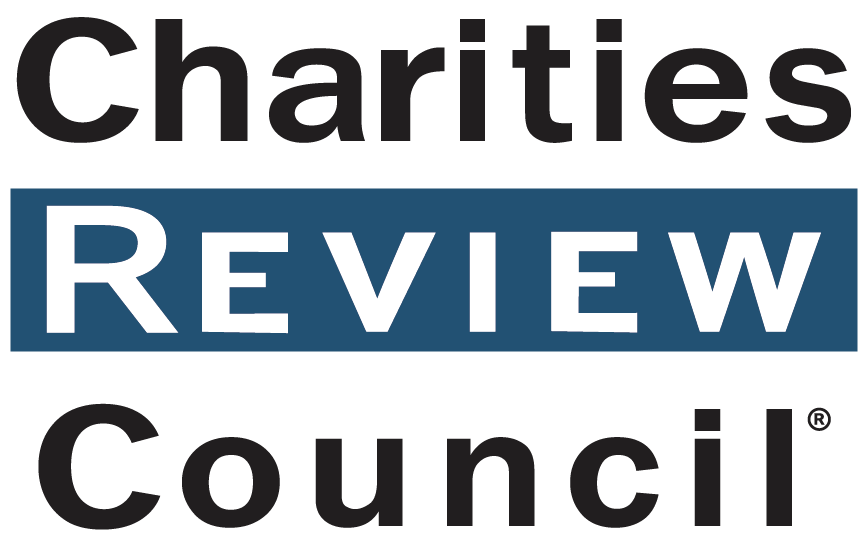Smart Giving Amid Tax Changes
Kris Kewitsch | Executive Director, Charities Review Council | October 2025
With great fanfare, the recently passed One Big Beautiful Bill Act (OBBBA) made significant changes to the tax code. As a result, navigating charitable giving will look different for many people at the end of 2025 and into 2026.
While many of the new law’s effects will not come into play officially until 2026, 2025 is now a year of transition for both donors and nonprofits as they prepare to address the new provisions. It’s wise to consider the 2025 tax year as an opportunity to get familiar with the new rules and consider a strategic shift.
The Impact on Smaller Donors
As the last full year under the current system, the 2025 tax year creates both challenges and opportunities for donors and nonprofits, especially considering a new benefit for modest donors regularly giving smaller amounts:
- New incentive for non-itemizers: Non-itemizing households will be able to deduct some donations, up to $1,000 for individuals and $2,000 for joint filers. This has the potential to excite casual givers who may have previously felt that giving wasn’t worth it for the tax benefit.
- Psychological effect: Even if a tax break isn’t the primary motivator for a donor, knowing that some deduction is available could boost enthusiasm and positively affect nonprofits who rely on consistent engagement from smaller donors.
- Inspire on mission: Nonprofits may need to hone communications on impact and storytelling in order to boost giving past the capped deduction for non-itemizers. Stick with mission-centered communications and personal connections.
What’s Next?
In the wake of OBBBA, the nonprofit landscape will shift, and tracking giving patterns and impact will be critical. Donors should consider consulting with advisors to chart a strategic path forward. In addition, donors can always reference Charities Review Council’s Accountability Standards® and Questions To Ask Before Giving to reference evergreen giving resources.
Furthermore, the OBBBA era will create a fresh opportunity for nonprofits to reconnect with small donors who had previously been left out of the tax benefit conversation. In this sense, the new tax law can be an impetus for rejuvenated relationships between donors and nonprofits. As always, prioritizing transparency and good governance will bolster these new relationships, and both donors and nonprofits should stick to the basics––smart giving to accountable nonprofits with an emphasis on personal connection and mission focus.

